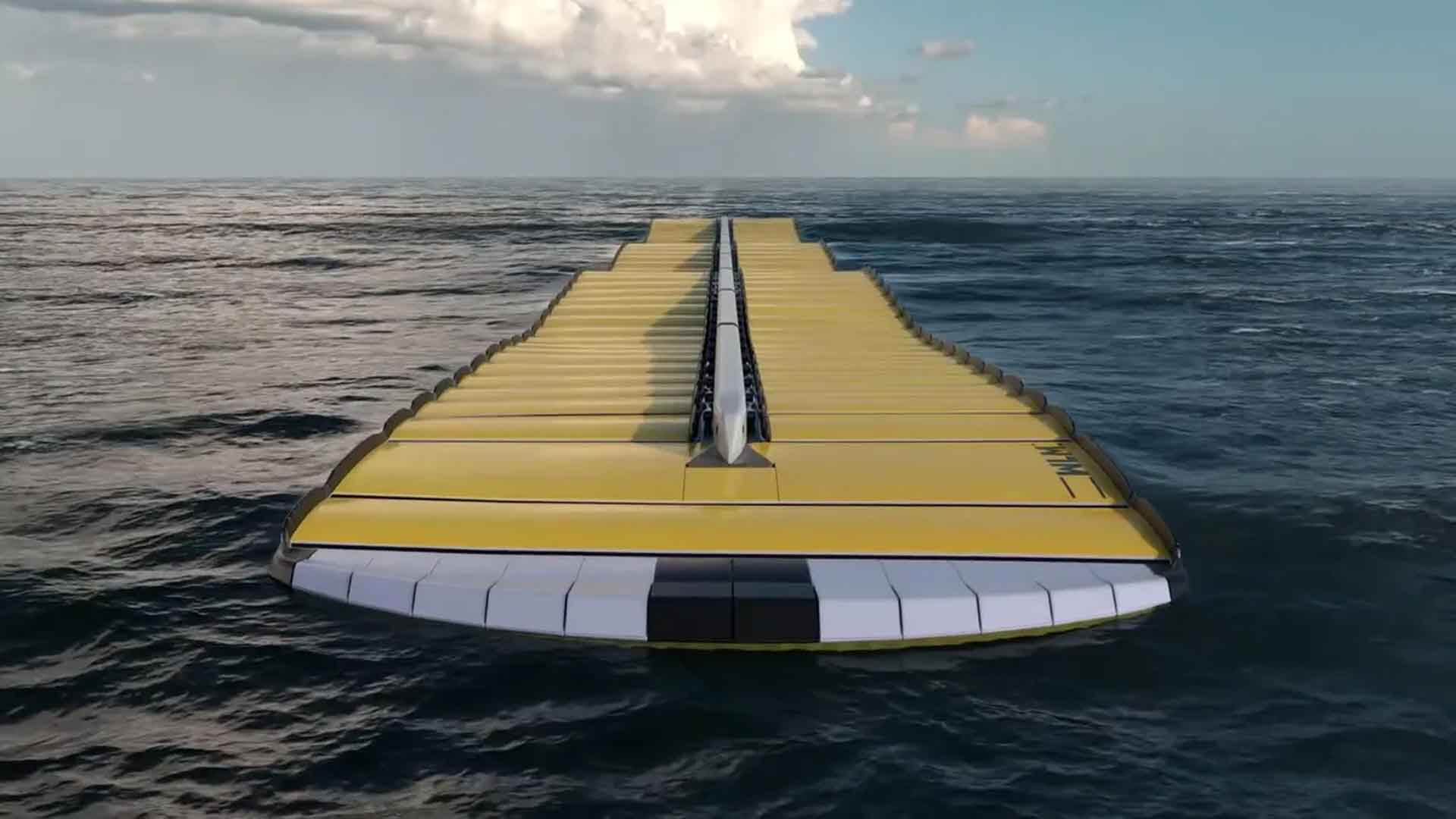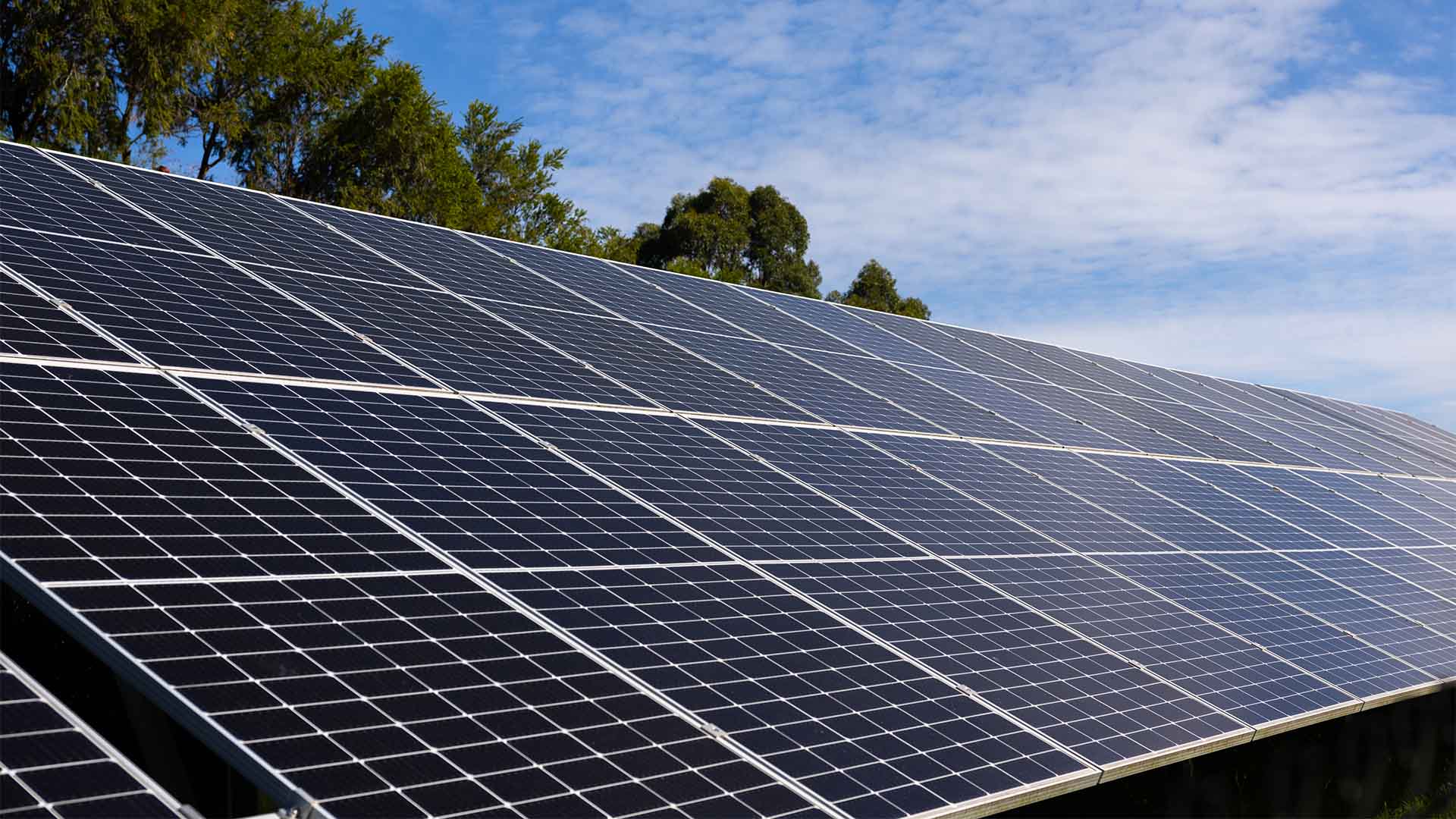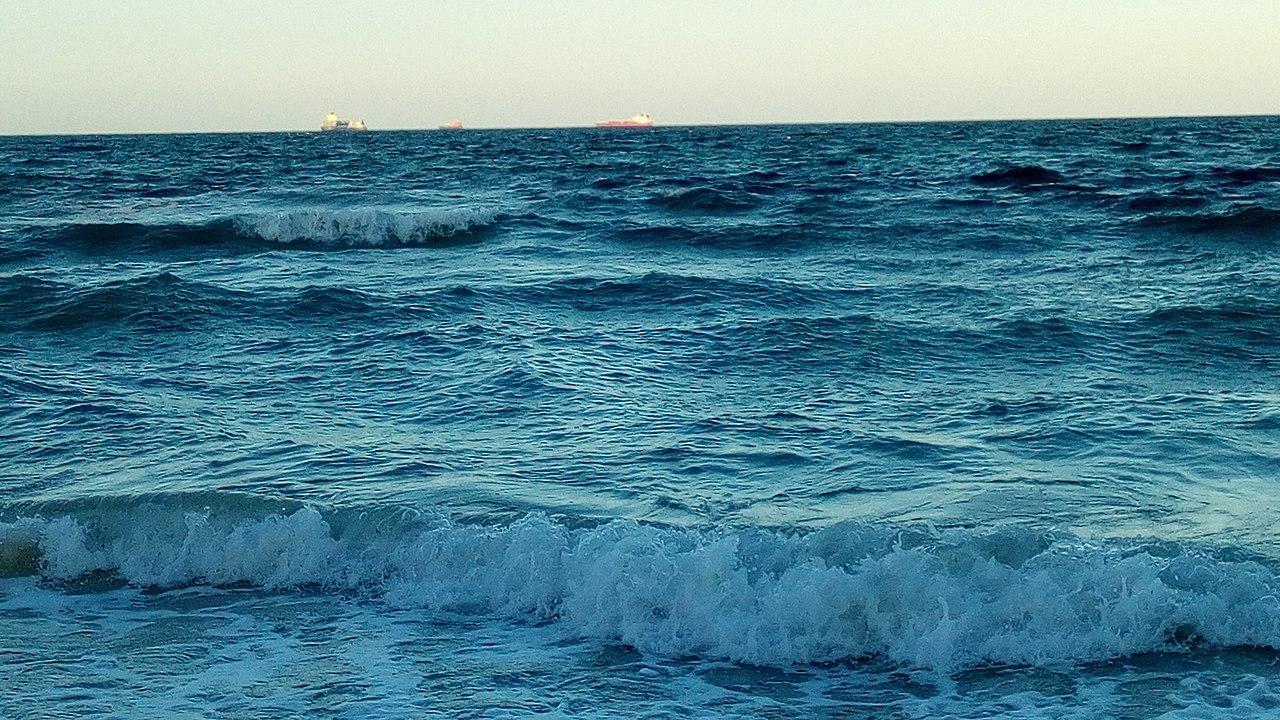Dutch Company Taps Ocean Waves for Renewable Energy Solution
Dutch Wave Power, founded in 2020, aims to combat global warming and reduce CO2 emissions. The company has developed a revolutionary “wave energy converter” that harnesses the power of ocean waves to generate clean energy.
With this innovative technology, they hope to make a significant impact on renewable energy.
The Wave Energy Converter Explained
The wave energy converter consists of a drive line and pendulum system. This device generates electrical energy by rocking back and forth with ocean waves.

Source: SWEL/CNET
This technology presents a new method of harnessing natural forces to produce renewable power.
Testing Phase Begins
Dutch Wave Power, with support from the Offshore for Sure project, has started testing the wave energy converter near Scheveningen, Netherlands.

Source: Tim Marshall/Unsplash
This phase is crucial to ensure the technology’s viability and efficiency before full-scale deployment.
Support from Offshore for Sure
The Offshore for Sure project, a collaboration of 15 partners from Flanders and the Netherlands, aims to accelerate ocean-based clean energy projects.

Source: Wikimedia
Their funding and support have been instrumental in advancing Dutch Wave Power’s testing phase.
Potential Impact on Dutch Wadden Islands
If testing is successful, Dutch Wave Power’s technology will supply clean energy to the Dutch Wadden Islands, including Vlieland, Ameland, Schiermonnikoog, and Texel.

Source: Freepik
This will be a significant step towards sustainable living for these communities.
Diversifying Renewable Energy Sources
While wind and solar power dominate the renewable energy sector, Dutch Wave Power’s technology showcases the untapped potential of ocean waves.

Source: Steve Christo - Corbis/Corbis via Getty Images
Diversifying energy sources is huge for a sustainable future.
Reducing Dependence on Fossil Fuels
Harnessing wave energy helps reduce reliance on fossil fuels, which are major contributors to air pollution and climate change.

Source: Maxim Tolchinskiy/Unsplash
By transitioning to renewable energy, we can mitigate environmental damage and promote a healthier planet.
Collaboration Over Competition
Dutch Wave Power is not alone in the wave energy sector. Alex Zakheos, co-CEO of SWEL, emphasizes that these companies are not in competition with each other.

Source: Wikimedia
“We’re trying to compete with fossil fuels,” he says, highlighting the collective goal of clean energy.
The Road Ahead for Wave Energy
The success of Dutch Wave Power’s testing phase could pave the way for broader adoption of wave energy technologies.

Source: Muffin Creatives/Pexels
This innovation has the potential to revolutionize how we generate and consume energy.
Global Implications of Wave Energy
If widely adopted, wave energy technology can contribute significantly to global renewable energy goals, considering that the Earth is made up of 71% water.

Source: Andrzej Kryszpiniuk/Unsplash
Countries with extensive coastlines can particularly benefit from this sustainable energy source.
Environmental and Economic Benefits
Wave energy not only helps the environment but also has economic advantages.

Source: Wikimedia
It can create jobs, reduce energy costs, and promote energy independence, providing a win-win situation for communities.
Future Prospects and Innovations
As technology advances, wave energy converters will become more efficient and cost-effective.

Source: Magda Ehlers/Pexels
Continued research and development will be crucial in optimizing this renewable energy source for widespread global use.
